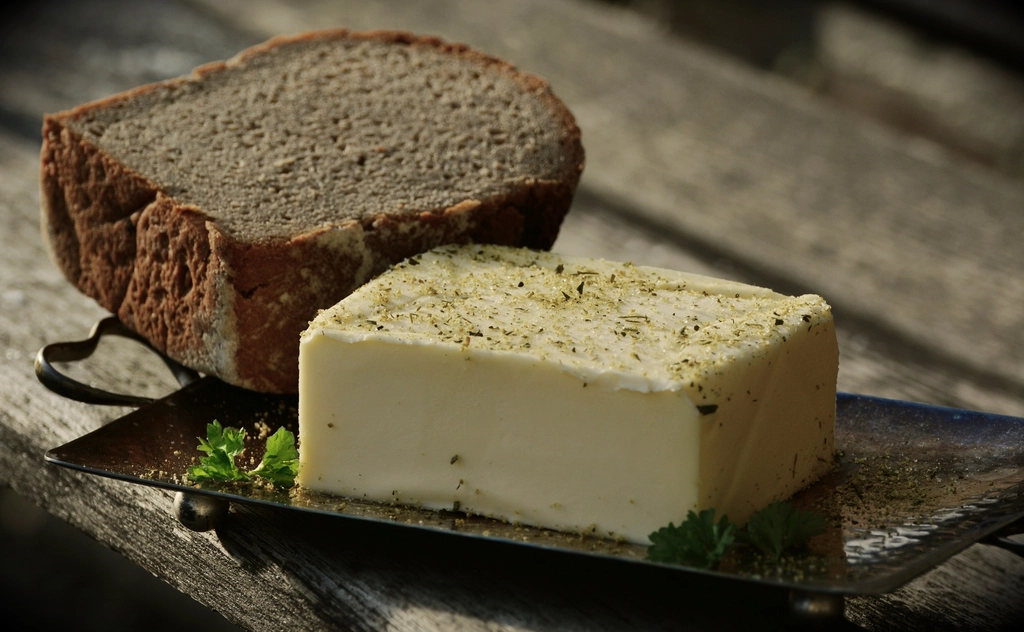A small compound found in everyday plant-based foods could play a surprisingly powerful role in preventing two of the world’s most common chronic diseases. Here’s how this nutrient works—and where to find it.
The Plant Compound With Big Potential

Phytosterols are naturally occurring plant-based compounds found in the cell walls of fruits, vegetables, seeds, and grains. While they may sound scientific, their effects on your body are anything but abstract.
A Plant-Rich Diet Pays Off

People who eat multiple servings of vegetables, fruits, whole grains, and nuts each day consume more phytosterols—and studies show they benefit with lower risks of heart disease and type 2 diabetes.
Small Risk Reduction, Big Health Impact

In a long-term U.S. study of over 200,000 adults, those with the highest phytosterol intake had a 9% lower risk of heart disease and an 8% lower risk of diabetes. That may sound modest, but across a population, it’s life-saving.
Also read: This Is Why You Should Never Crush a Tick – It Can Cost You Dearly!
How Phytosterols Actually Help

These compounds have anti-inflammatory properties and positively influence your gut microbiome. The result? A healthier metabolism and better control over blood sugar and cholesterol levels.
You’re Probably Already Eating Them

Phytosterols are present in many everyday foods—especially sunflower seeds, sesame, legumes, soy, and whole grains. No need for fancy superfoods; your pantry may already be doing the job.
Fortified Foods With a Bonus

Some margarines and spreads are fortified with extra phytosterols due to their proven health benefits. You can also find them in supplements, but proceed with care (more on that below).
Supplements Aren’t for Everyone

Taking in more than 3 grams per day via supplements can impair the absorption of essential vitamins. That’s why experts don’t recommend phytosterol supplements for pregnant women, breastfeeding mothers, or children under five.
Also read: Forget Fancy Diets – This Simple Fruit Is Your Gut’s Best Friend
They Also Support Gut Health

Phytosterols help create a more diverse and stable gut bacteria environment, which may reduce inflammation, aid digestion, and promote better overall health—from your stomach to your arteries.
Lifestyle Still Matters

Even powerful compounds like phytosterols work best as part of a healthy routine. That means eating clean, staying active, and ditching habits like smoking and heavy drinking for good.
A Handful a Day Keeps the Doctor Away

Experts recommend at least five servings of fruits and vegetables, whole-grain carbs, and a daily handful of nuts—not just for phytosterols, but to build a sustainable path toward long-term health.
This Article Is Based on Information From morgenpost.de
Also read: Improve Your Vision in a Week With These 4 Natural Ingredients
Also read: 15 % of Strokes Affect Young Adults – Here’s How to Reduce Your Risk
